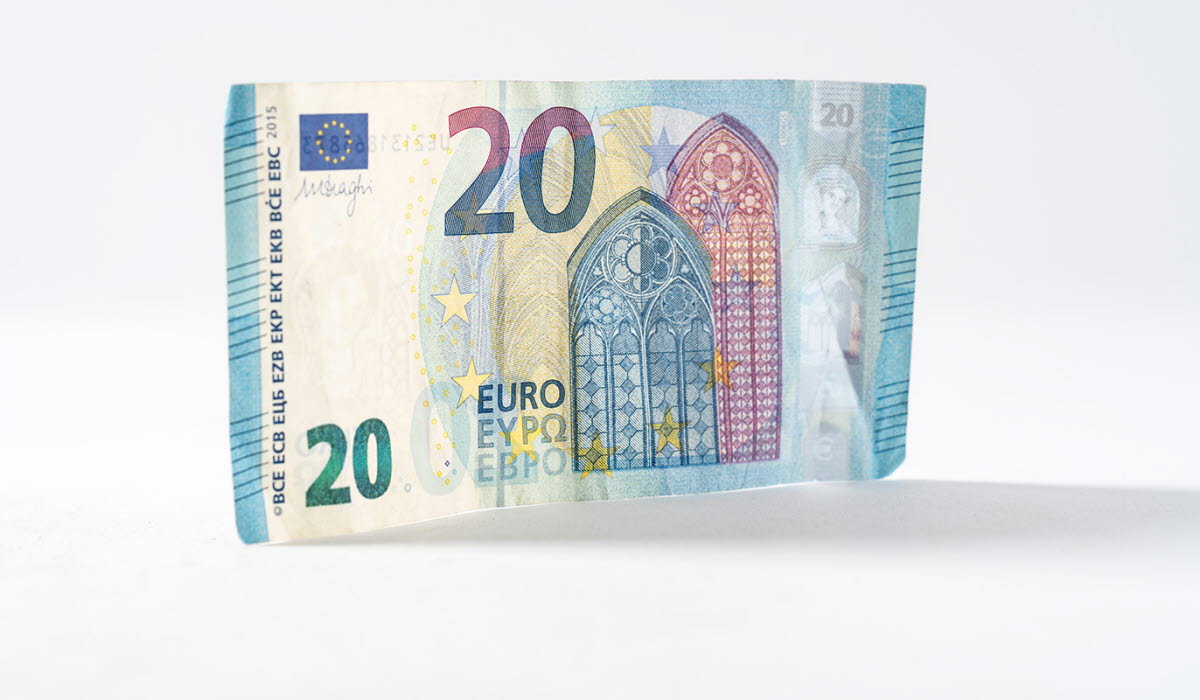FinTech is radically changing consumer behaviour. Why has Sweden wholeheartedly embraced digital payments while the rest of the world is only just discovering them?
For several years now, there has been a noticeable shift away from the use of cash in Sweden. Instead, FinTech payment solutions are so widespread that the whole country is well on its way to becoming the world’s first cashless society. Many shops, restaurants, cafes, and bars are cashfree – it’s not uncommon to see “card only” signs next to most cash registers. Even the majority of bank branches, where you’d naturally expect to see paper notes and coins, are refusing to take cash deposits.
“Cash is still an important payment method in many countries, but that’s no longer the case in Sweden,” says Niklas Arvidsson, an associate professor at Stockholm’s Royal Institute of Technology (KTH) specialising in payment systems innovation. “Our use of cash is small and shrinking fast.”
ONLY Two PERCENT OF ALL TRANSACTIONS
Cash use has declined so much that the Riksbank, Sweden’s central bank, has even considered introducing its own digital currency, the “e-krona”, as a complement to cash. According to the Riksbank, less than 2 percent of all transactions made in Sweden last year were made in cash. This figure looks set to drop even further to just 0.5 percent by 2020. Compare this to the global average of 75 percent and it creates a stark image of how little Swedes really use cash.
HOMEGROWN FINTECH SOLUTIONS
As the second largest FinTech centre in the world, it’s only natural that Sweden is one of the first countries to truly embrace the cash-free movement. The ubiquity of several homegrown FinTech solutions, like Klarna, which provides payment services for online storefronts; Trustly, which enables you to shop and pay from your bank account; and iZettle, which allows sole traders and small businesses to accept card payments via a mini-card reader and app, it’s unsurprising Swedes have been so willing to abandon cash.
Arguably the country’s favourite digital payment solution is Swish, an immensely popular mobile app developed in cooperation with the country’s largest banks. The app uses mobile numbers to allow anyone with a smartphone and a Swedish bank account to instantly transfer funds from one account to another. Just recently Swish reached a mammoth 5 million users, meaning it is effectively used by half of Sweden’s population.
The widespread use of Swish has the potential to completely replace bills and coins, and thereby accelerate the process of making Sweden one of the first cashless societies in the world.“Swish is like cash in that it’s a direct payment that can be carried out in real time", Arvidsson thinks. “The system’s biggest strength is the speed and simplicity of this unique solution.”
A SEISMIC SHIFT
Despite Sweden's growing preference for cashless transactions, Arvidsson doesn’t expect Sweden to go completely cashless until at least 2030. But judging from the pace of investment and innovation in the country’s FinTech scene, Sweden’s cashless future may be closer than we think. In the past five years, Stockholm-based companies received 18 percent of all private placements in FinTech companies across Europe. And Sweden’s share of European FinTech deals climbed from 8 percent in 2016 to 12 percent in 2017, part of what Stockholm FinTech Hub founder Matt Argent calls a “seismic shift” in activity within FinTech in Sweden since the hub launched in February 2017.
“The country’s tech unicorns are putting the country on the map as a viable destination for investment and this is influencing the FinTech sector,” he adds. “Swedish FinTech has attracted EUR 776 million in total funding, which translates to 279.38 percent average revenue growth, across 226 organizations employing 3038 employees – not bad going for a country of only 10 million inhabitants.”
Source: This article was originally published in the Advantage Sweden Magazine.
Advantage Sweden magazine (PDF)
TREND-SETTING FINTECH FIRMS:
IZETTLE
One of Sweden's fastest growing companies, iZettle has developed a chip-card reader and app for smartphone-based mobile commerce that meets international security requirements. The company offers a range of financial products for small businesses including payments, point of sale, funding, and partner applications.
SAFELLO
Founded in Stockholm in 2013, Safello operates a bitcoin exchange and related services in the European market and aims to become the “Crushbase of Europe”. The company recently closed a partnership that allows customers to purchase bitcoin with Mastercard and Visa credit cards in several currencies around Europe.
KLARNA
This online payment service was developed by three students back in 2005 and now has 60 million users generating 650,000 financial transactions a day. The company has an estimated value of more than EUR 2 billion.
TINK
Tink is a personal finance app that helps users better track and analyse how they spend their money. Founded in Stockholm in 2012, Tink also offers bill payment and money transfer services. With more than 350,000 users in Sweden, Tink is expanding across Europe with help from investments from Swedish banks SEB and Nordea, as well as ABN Amro.
QAPITAL
Qapital is a free personal finance app that relies on “gamification” and personalized IFTT (‘if this then that’) rules connected to other apps that help users meet short-term savings goals. Founded in Stockholm in 2013, the company expanded to the United States in 2014 and soon after decided to focus exclusively on the US market.
FUNDEDBYME
FundedByMe is a Swedish crowdfunding platform that connects investors and entrepreneurs, allowing people to invest as little or as much as they want. Founded in 2011, FundedByMe now has more than 100,000 registered investors and has helped 470 companies from 25 countries raise money. The fast-growing company has plans for an IPO during 2018.






